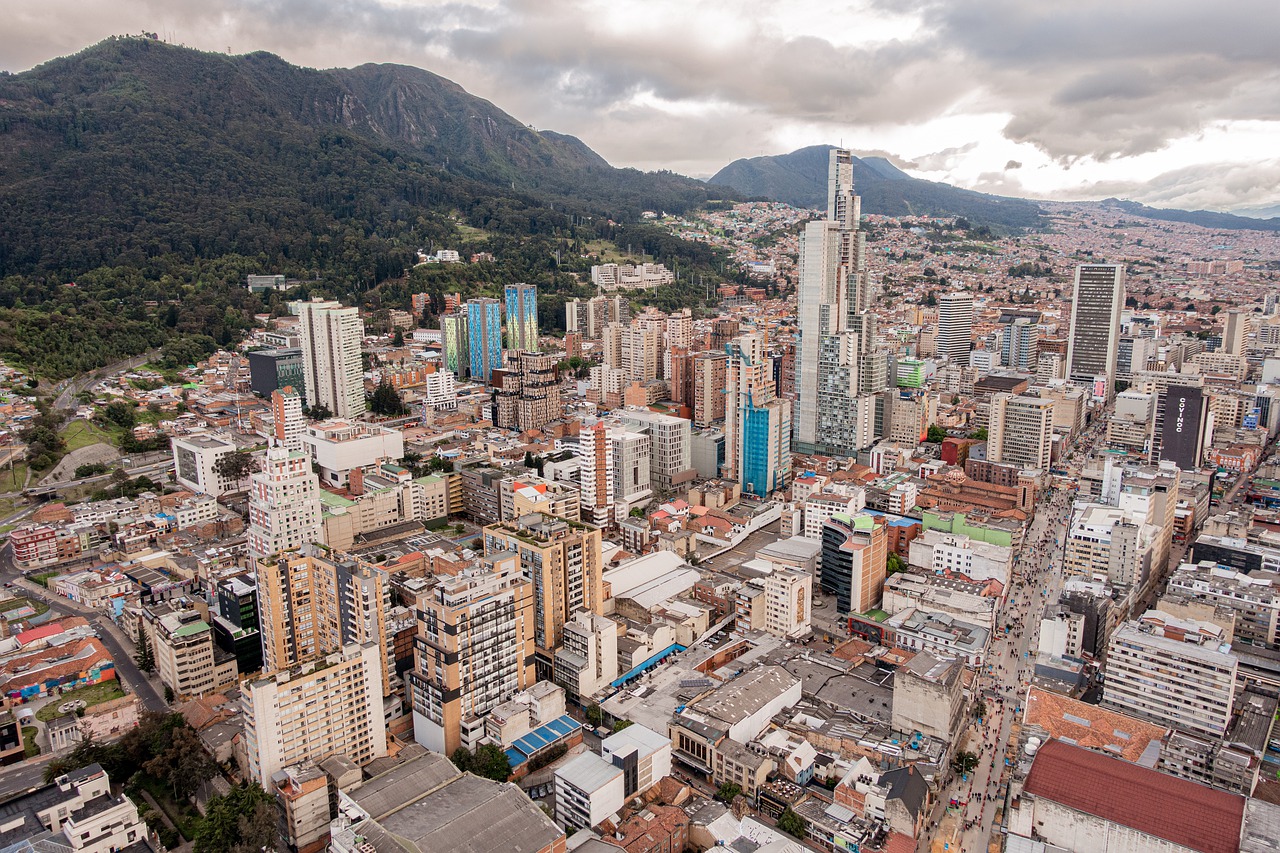Written by: Kimberly White
Two new cities have joined a global pledge for clean air. The Mayor of Bogotá, Claudia López, and the Mayor of Rio de Janeiro, Marcelo Crivella, have signed the Clean Air Cities Declaration.
Air pollution impacts millions around the globe. Approximately seven million people die each year due to air pollution. The United Nations Human Rights Council reports that 800 people die every hour due to cancer, respiratory illnesses, or heart disease directly caused by breathing polluted air.
By signing the Clean Air Cities Declaration, Bogotá and Rio de Janeiro commit to setting new targets that meet or exceed national commitments and implementing ambitious new policies and regulations to address the top sources of air pollution within their city by 2025.
Bogotá and Rio de Janeiro join 35 other cities pledging to take collective action to improve air quality. The global coalition aims to meet the World Health Organization Air Quality Guidelines by 2030.
“Unhealthy air doesn’t stop at national borders or city limits, nor does COVID-19- and each demands our immediate attention and bold, clear action,” said Mayor of Los Angeles and C40 Chair, Eric Garcetti.
The cities that have signed the C40 Clean Air Cities Declaration are Amman, Austin, Bengaluru, Barcelona, Berlin, Bogotá, Buenos Aires, Copenhagen, Delhi, Dubai, Durban (eThekwini), Guadalajara, Heidelberg, Houston, Jakarta, Los Angeles, Lima, Lisbon, London, Madrid, Medellin, Mexico City, Milan, Oslo, Paris, Portland, Quezon City, Quito, Rio de Janeiro, Rotterdam, Seoul, Stockholm, Sydney, Tel Aviv-Yafo, Tokyo, Warsaw, and Washington D.C.
The signatories also pledge to incorporate efforts to tackle air pollution into their climate action plans.
Recent research found that air pollution from burning fossil fuels costs the world nearly $3 trillion each year and is linked to more than four million premature deaths. China, the United States, and India experience the largest annual economic losses from fossil fuel air pollution, ranging from $150 billion to $900 billion.
“The pandemic taught us that we have to change the way we work, consume and transport ourselves,” said Claudia López, Mayor of Bogotá. “We must change our life habits by learning to burn less gasoline and diesel and mobilizing in a different way; this challenge taught us that we have to walk more and use bicycles more in cities. We cannot go back to the past; this is an opportunity to transform our societies by being more responsible and sustainable.”







